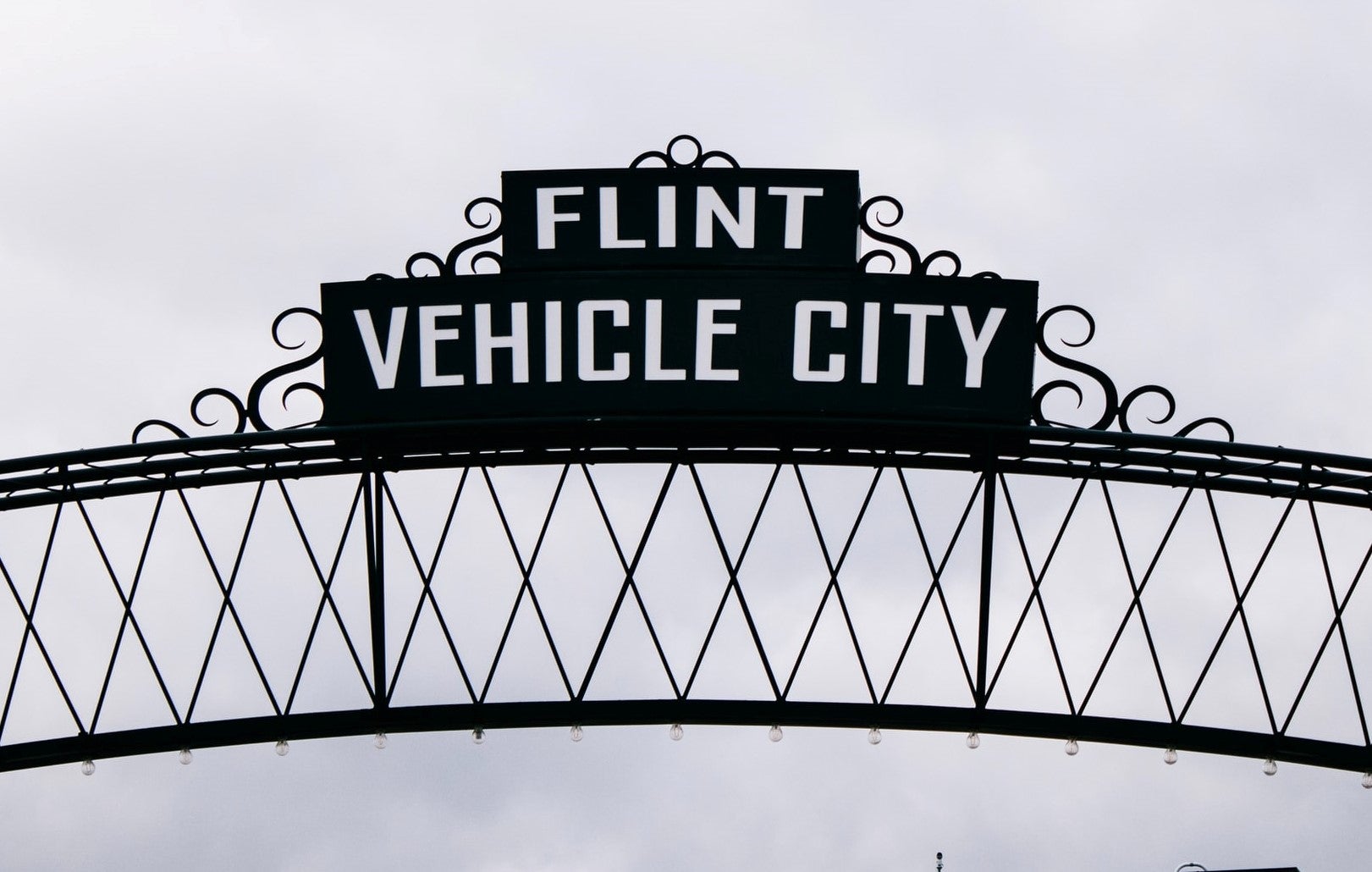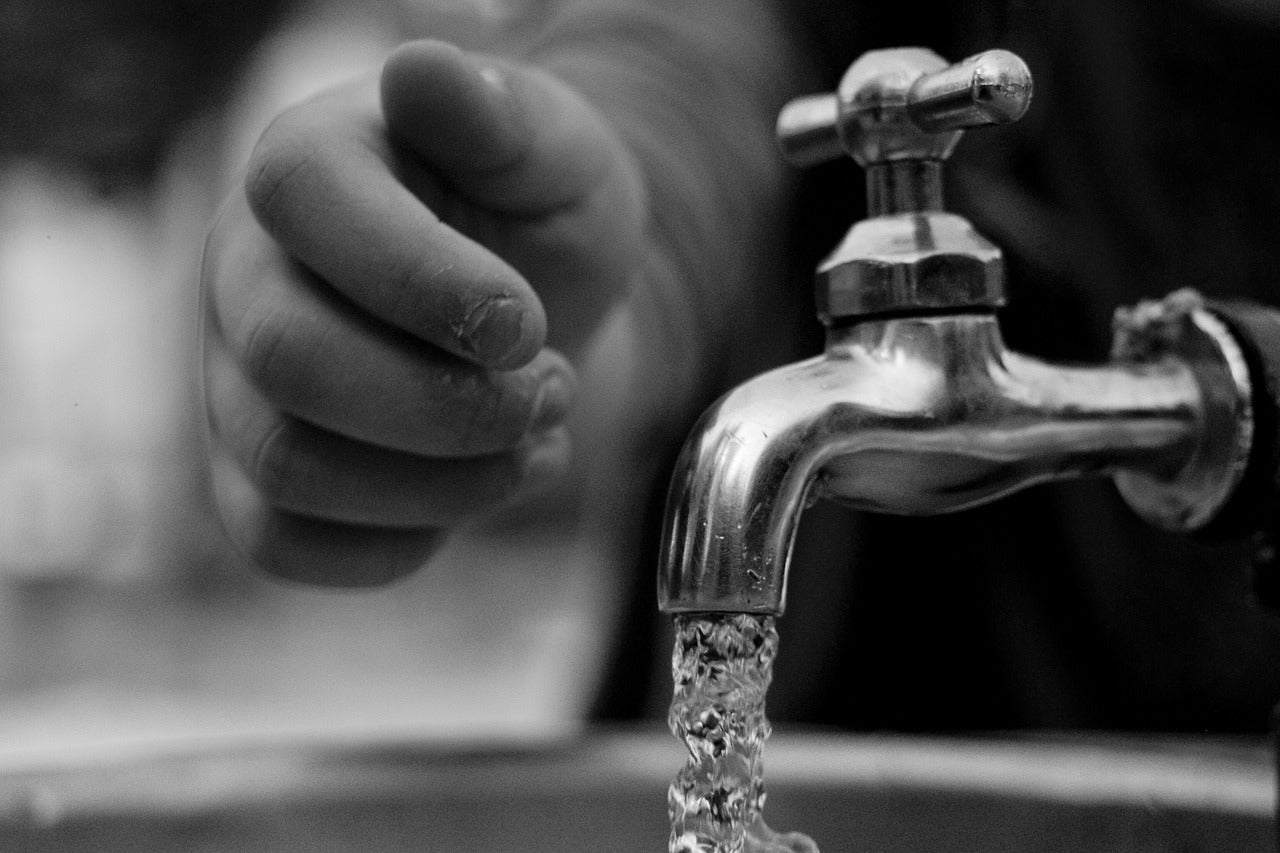Rhode Island expects LSL replacements to be ‘simultaneous and complete’ when funded by SRF
Tom Neltner, Senior Director, Safer Chemicals Initiative
and Roya Alkafaji, Manager, Healthy Communities
What Happened: The Rhode Island Department of Health (RIDOH) published notices on January 18 and January 30 indicating that Providence Water would need to stop partial replacement of lead service lines (LSLs) when the work is funded by the State Revolving Fund (SRF) program.
RIDOH specified that “only [LSL] replacement that results in simultaneous and complete replacement of both the public (water main to curb stop) and private (curb stop to water meter inside buildings) portions of the lead service lines will occur.”
Why It Matters: EPA made it clear in its FAQs that federal SRF funds should not be used to support harmful partial LSL replacements, which increases the risk of lead exposure in drinking water.[1] To our knowledge, Rhode Island is the first state that has applied its National Environmental Policy Act (NEPA)-like environmental review process to protect residents from partial LSL replacements by requiring the simultaneous and complete replacement of an LSL. All states have a similar review process pursuant to EPA requirements and should be taking similar action.
Our Take: RIDOH’s determination is an important application of the state’s environmental review requirements for its SRF program. We strongly supported RIDOH’s action in comments. We also asked that it be applied to six other SRF-funded projects that are likely to disturb LSLs, like water main replacement and asked for a public hearing if RIDOH allows partials for those other projects.
The Backstory: EDF objected to RIDOH’s March 2022 proposal to grant Providence Water a categorical exclusion that would have allowed partial LSL replacements. We reasoned that the practice would “disproportionately and adversely affect the health of low-income, Black, Latinx, and Native American residents by increasing their risk of exposure to lead in drinking water.” Accordingly, the utility was not eligible for a categorical exclusion and must either stop partial LSL replacements or conduct a full environmental review. This review would likely demonstrate the project was not eligible for funding.
Later, RIDOH withdrew the proposal based on follow-up discussions with EDF and separate discussions with Childhood Lead Action Project.
Go Deeper: Read RIDOH’s April 2022 and January 2023 public notices, a related civil rights administrative complaint filed with EPA, and EDF’s objections to RIDOH’s April 2022 proposal.
[1] EPA Frequent Questions about Bipartisan Infrastructure Law State Revolving Funds and LSLR:
“Question 4. If some customers (e.g., homeowners) refuse to allow the water utility access to replace the privately-owned portion of the lead service line, does this affect the project’s DWSRF funding?
State DWSRF programs may still fund the overall project but are strongly encouraged to use technical assistance and other outreach methods to achieve the fullest possible participation. If the customer continues to refuse access, then the water system should leave the publicly-owned portion of the lead service line in place (so as to not create a partial replacement) and document this action. To be clear, partial service line replacements are not eligible for DWSRF funding (from any DWSRF funding source).”












